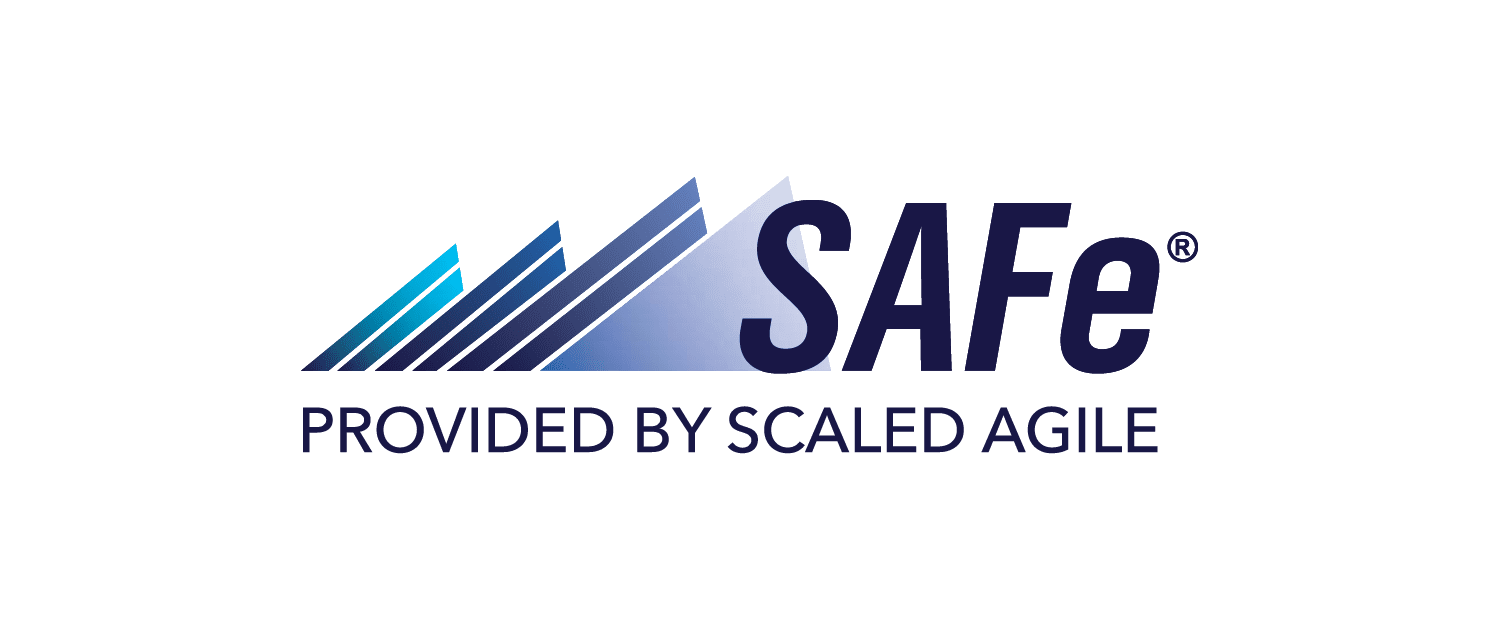Boosting Your Business's Resiliency Through Proactive Customer Support
Boost your business's performance and increase its resiliency with our top-notch advice on proactive customer service! Learn how to build a supportive environment that drives success from our knowledgeable experts today!

A successful business needs resilience, and one way to build this is through proactive customer service. With our expert advice, you can create a supportive environment that will strengthen the performance of your business and enhance its resiliency. Find out how to create such an environment today!
Develop an Effective Communication Strategy
Developing an effective communication strategy is critical for successful customer service. A well-planned strategy should encompass email, social media message forms, webchat, and other modes of direct interaction with customers. By proactively recognizing and addressing customer needs, you will be better equipped to provide a satisfactory experience which can turn into long-term loyalty.
By establishing a customer service strategy that is consistent across different communication channels and invests in proactive support measures, you can ensure that customers are given the solutions they need in order to continuously remain satisfied with your product or services. A strong customer service strategy should also have appropriate protocols in place, such as responding quickly and appropriately to customer inquiries, as well as offering technical assistance when necessary. Utilizing proactive customer support techniques can help i building resiliency in your business by keeping customers engaged while helping them reach success with your product.
Utilize Customer Feedback & Data Analysis
Gathering customer feedback and analyzing this data is key to developing an effective customer service strategy. Reviewing surveys, online reviews, and other forms of customer feedback can shed light on how customers view your product or service. This intelligence can enable you to remedy any existing issues and allow you to focus resources into areas of concern. Understanding the unique needs of your customers is vital for a successful long-term business relationship.
Data analysis, such as customer segmentation and market trends, can also provide an understanding of how different customers view your product or service. As such, you can start to build proactive support strategies accordingly. Implementing tools that are tailored for customer needs will help inform better customer experiences and ensure that your business continues to grow amidst changing customer expectations. By employing data-driven insights, your business can become more resilient and future-proofed against unpredictable demands.
Offer Pre- and Post-Purchase Support
Utilize proactive customer support to build trust and confidence in your product or service. Pre-purchase support provides potential customers with the information they need to make an educated decision before purchasing from you. This allows you to address any concerns and elaborate on the benefits of your product or service, creating an engaging environment that increases buyer confidence. Post-purchase assistance can also help you retain customers by making sure their experience meets their expectations. Offer assistance with installation, onboarding, troubleshooting, and anything else that may arise for the customer after purchase—this will demonstrate a genuine commitment to your customers and build brand loyalty!
Investing in proactive customer service can also help you anticipate and address any problems that may arise during busy periods, or if ever there is any technical difficulty. Offering pre-emptive solutions will ensure customers are assisted as quickly and efficiently as possible, saving time and stress for both your team and the customer. Furthermore, having proactive support teams monitoring incoming inquiries helps to identify trends in customer feedback—this can alert you to common issues with a product or service and allow you to act proactively to resolve any issues before they worsen. In summary, offering pre-purchase advice, post-sale support and regular spot checks on customer feedback will help build resiliency in your business.
Equip Yourself With the Right Tools & Processes
To ensure success in your proactive customer service efforts, equip yourself with the right tools and processes. Creating a comprehensive training program is key ensuring consistent customer support. Make sure to include product information, common issues, trouble-shooting techniques, available resources and services, communication protocols, and policy information. Streamline the process for customers by providing self-serve solutions like FAQs or website support content for frequently asked questions or concerns. Utilizing advanced technology tools like chatbots and automated ticketing systems can help manage inquiries quickly and efficiently, allowing customers to receive their answers in a timely manner. Furthermore, utilize customer feedback surveys to monitor customer satisfaction after they successfully complete an interaction with you. Collecting data on experiences can allow you to further customize your approach to best meet the needs of all who contact you.
Having the right technology tools and processes in place for your customer service team is essential for successful proactive support. Investing in the best equipment, training resources, and infrastructure is worthwhile if it helps you be prepared for the unique needs of customers seeking help. Additionally, having a plan in place to keep track of inquiries and interactions with customers can help ensure that each individual issue or request receives adequate attention and leads are not dropped along the way. Establishing rules and regulations will further help streamline operations within your customer service team, empowering them with the required knowledge to provide exceptional support every time.
Establish Awareness of Your Service Guarantee & Response Timescales
Set customer expectations by demonstrating your commitment to quality service, timely response times, and positive outcomes. Make sure to establish, document and clearly communicate your performance guarantees and response timescales to customers. Let them know how soon you believe their needs can be met in a best-case scenario, as well as the procedure or protocol you will use in order to address their inquiries. Being upfront about what type of turnaround time they can expect from you enables them to plan accordingly and set realistic expectations for working with you. This helps prevent frustrations that might come from delayed responses or lack of updates.
Clearly and regularly communicating the service standards of your company can let customers know that their needs are understood and taken seriously. It also helps build trust, loyalty, and strengthens your resilience when there’s an incident or problem to be addressed. When customer service is reliable and consistent, customers feel acknowledged and secure in knowing that you’re there to support them. An established model with response timescales will help create a sense of predictability while allowing you to respond faster with fewer resources during challenging times. Overall, it creates an environment of compliance, reliability, and dependability which sets the stage for long-term relationships between yourself and your customer base.
Digital Age and AI
A proactive approach to problem-solving must be used in all aspects of corporate operations in order to increase a company's resilience. This entails gathering pertinent data, such as through the use of Google Analytics or a CRM system, in order to foresee future changes and take preventative action to get ready for them.
Predicting consumers' wants and getting in touch with them about issues before they contact customer service are examples of proactive customer service. This may entail adding self-service alternatives, offering individualized service, and acknowledging errors before clients notice them on their own. In order to stay adaptable and foster loyalty, businesses should also use advanced analytics to test and optimize their client journey. By putting these methods into practice, companies may strengthen their resilience in advance of the next upheaval and safeguard the future of both their people and their operations.
Photo by Markus Spiske / Unsplash
Artificial Intelligence (AI) and other advanced tools can help you provide a better customer experience and improve customer retention, such as:
- Use AI-Powered Chatbots: AI-powered chatbots can help you respond to customer queries and support requests in real-time, 24/7. Chatbots can handle simple requests and escalate more complex ones to human support staff. This helps to improve customer satisfaction and reduce response times.
- Offer Self-Service Tools: Offer self-service tools, such as FAQs, knowledge bases, and video tutorials, that customers can access to get answers to their questions. This reduces the burden on your support staff and allows customers to get the help they need quickly and easily.
- Implement Social Media Listening: Use social media listening tools to monitor conversations about your brand and respond to customer complaints or issues. This helps to improve your brand's reputation and customer satisfaction.
- Monitor Customer Feedback: Monitor customer feedback, such as reviews and ratings, to identify areas for improvement and address customer concerns. This helps to improve the overall customer experience and drive customer loyalty.
- Use Predictive Analytics: Use predictive analytics to anticipate customer needs and proactively offer solutions. This helps to improve the customer experience and drive customer loyalty.
- Develop Personalized Customer Journeys: Develop personalized customer journeys that meet the unique needs and preferences of each customer. This helps to improve customer satisfaction and drive customer loyalty.
You can strengthen the resilience of your company and better serve the demands of your consumers in the digital age by putting these proactive customer care tactics into practice. In order to spot opportunities for improvement and modify your plan accordingly, it's critical to routinely monitor and evaluate your customer support strategy.
Speak with us to go over a variety of programs for your company.






